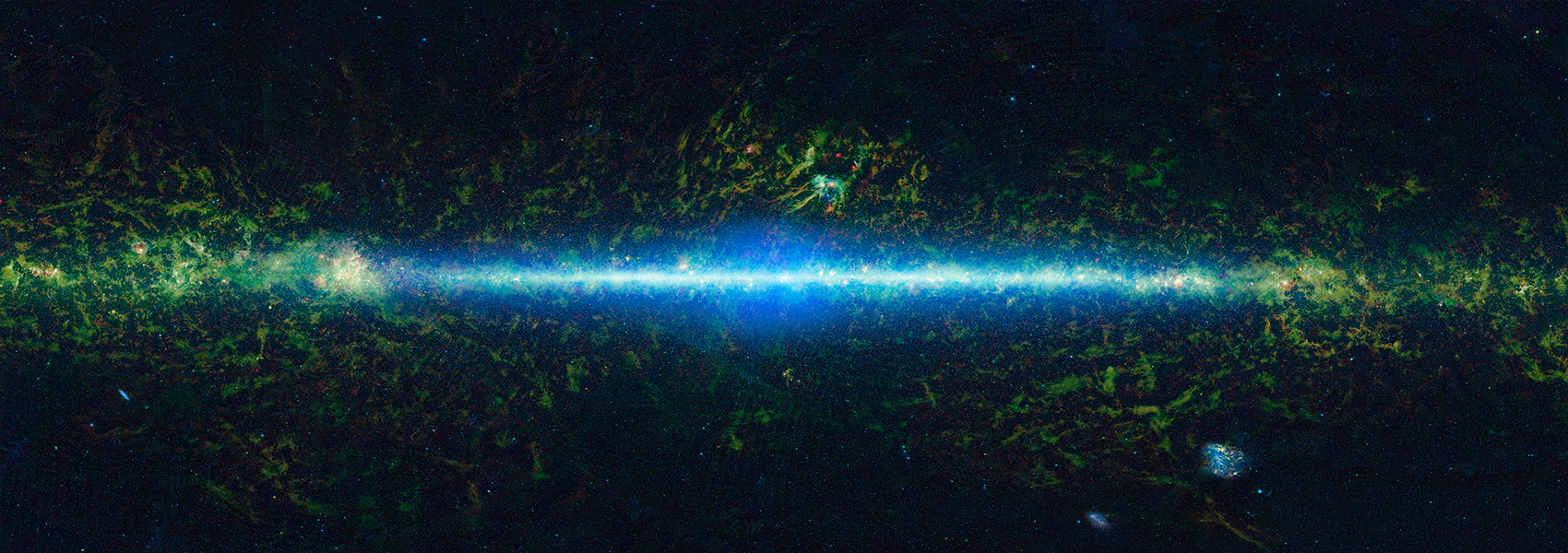April
2014
•
2014ApJ...785L..28E
Authors
•
Epstein, Courtney R.
•
Elsworth, Yvonne P.
•
Johnson, Jennifer A.
•
Shetrone, Matthew
•
Mosser, Benoît
•
Hekker, Saskia
•
Tayar, Jamie
•
Harding, Paul
•
Pinsonneault, Marc
•
Silva Aguirre, Víctor
•
Basu, Sarbani
•
Beers, Timothy C.
•
Bizyaev, Dmitry
•
Bedding, Timothy R.
•
Chaplin, William J.
•
Frinchaboy, Peter M.
•
García, Rafael A.
•
García Pérez, Ana E.
•
Hearty, Fred R.
•
Huber, Daniel
•
Ivans, Inese I.
•
Majewski, Steven R.
•
Mathur, Savita
•
Nidever, David
•
Serenelli, Aldo
•
Schiavon, Ricardo P.
•
Schneider, Donald P.
•
Schönrich, Ralph
•
Sobeck, Jennifer S.
•
Stassun, Keivan G.
•
Stello, Dennis
•
Zasowski, Gail
Abstract
•
Fundamental stellar properties, such as mass, radius, and age, can be inferred using asteroseismology. Cool stars with convective envelopes have turbulent motions that can stochastically drive and damp pulsations. The properties of the oscillation frequency power spectrum can be tied to mass and radius through solar-scaled asteroseismic relations. Stellar properties derived using these scaling relations need verification over a range of metallicities. Because the age and mass of halo stars are well-constrained by astrophysical priors, they provide an independent, empirical check on asteroseismic mass estimates in the low-metallicity regime. We identify nine metal-poor red giants (including six stars that are kinematically associated with the halo) from a sample observed by both the Kepler space telescope and the Sloan Digital Sky Survey-III APOGEE spectroscopic survey. We compare masses inferred using asteroseismology to those expected for halo and thick-disk stars. Although our sample is small, standard scaling relations, combined with asteroseismic parameters from the APOKASC Catalog, produce masses that are systematically higher (<ΔM > =0.17 ± 0.05 M ⊙) than astrophysical expectations. The magnitude of the mass discrepancy is reduced by known theoretical corrections to the measured large frequency separation scaling relationship. Using alternative methods for measuring asteroseismic parameters induces systematic shifts at the 0.04 M ⊙ level. We also compare published asteroseismic analyses with scaling relationship masses to examine the impact of using the frequency of maximum power as a constraint. Upcoming APOKASC observations will provide a larger sample of ~100 metal-poor stars, important for detailed asteroseismic characterization of Galactic stellar populations.
Links



